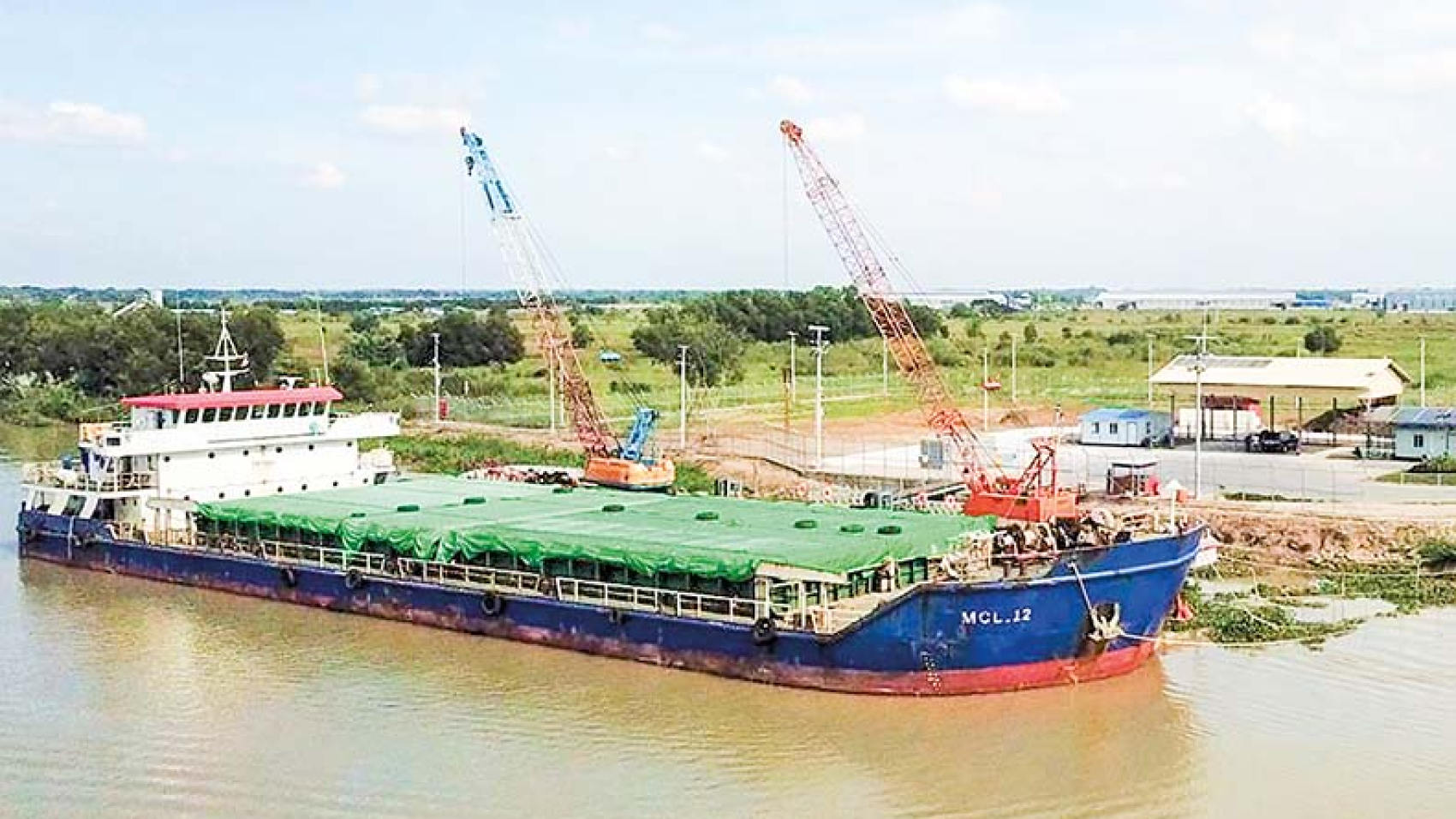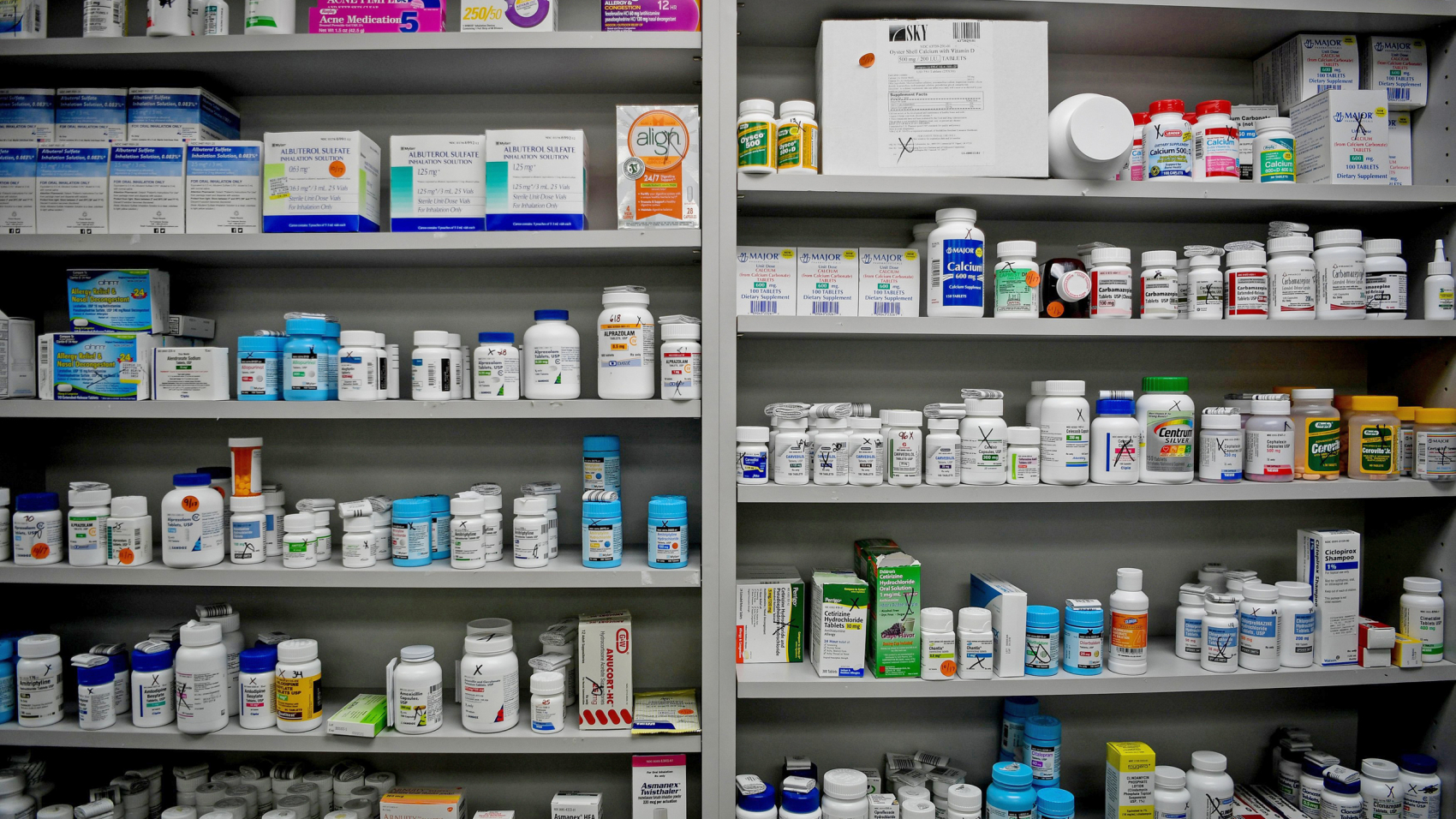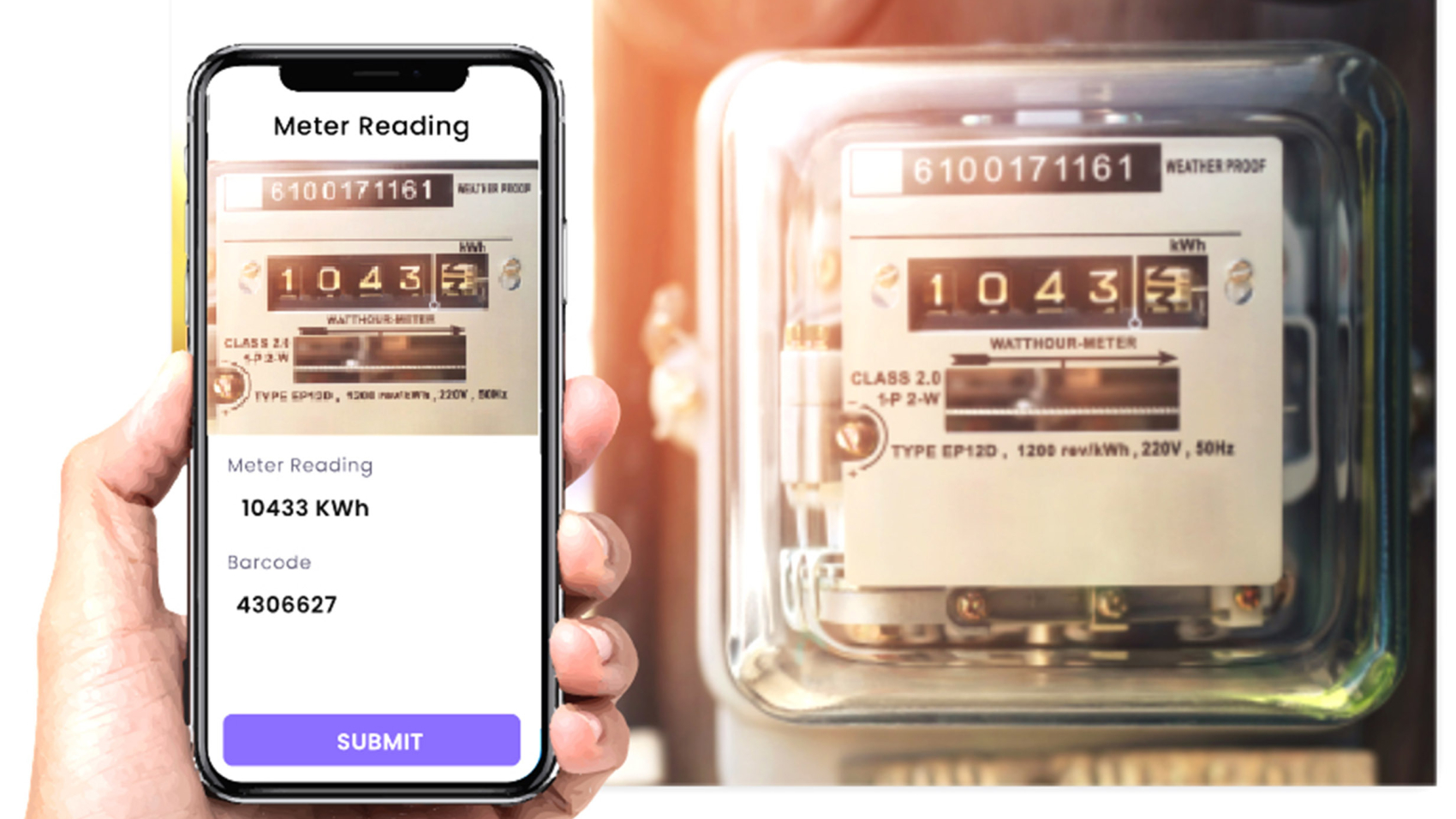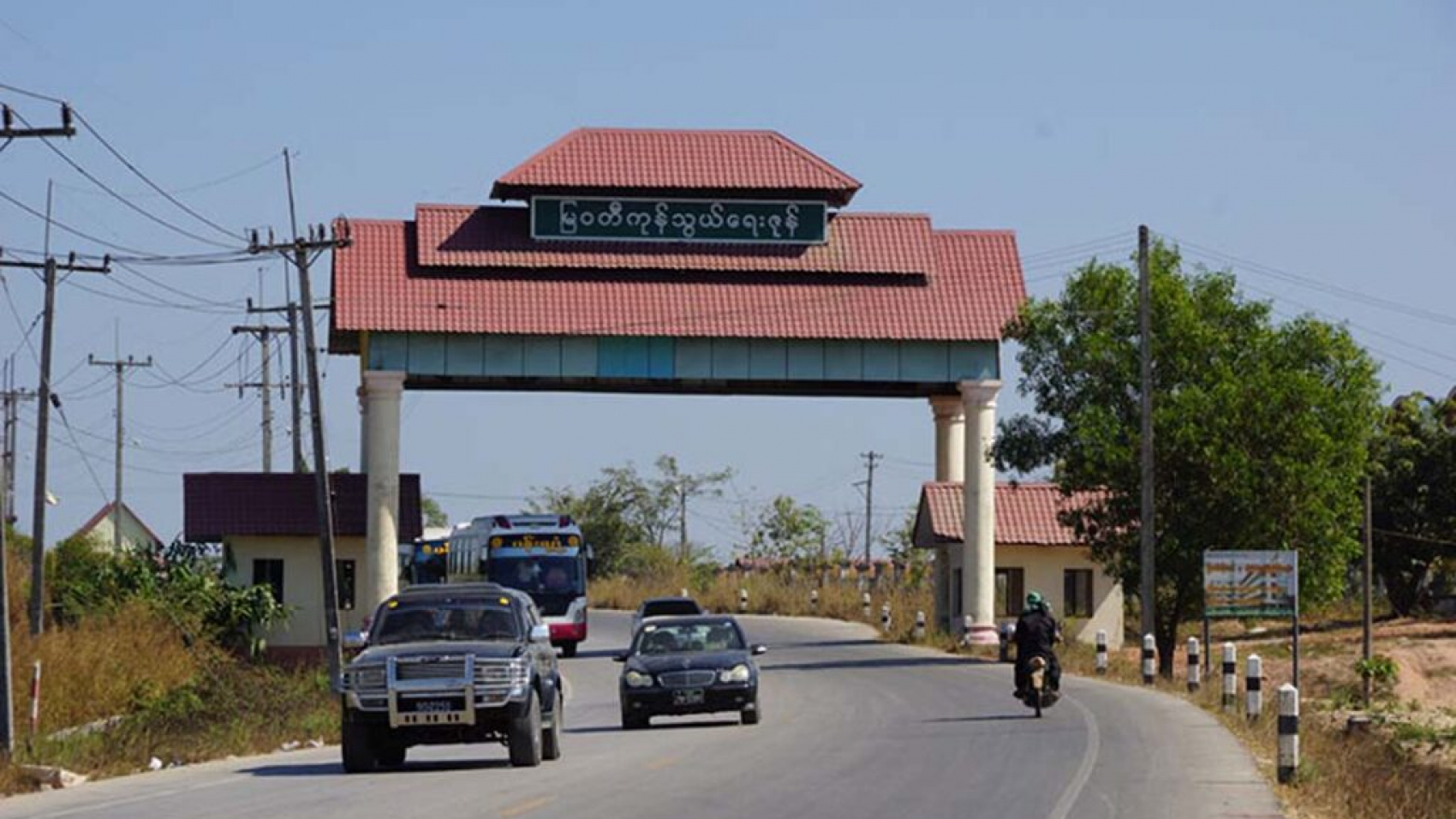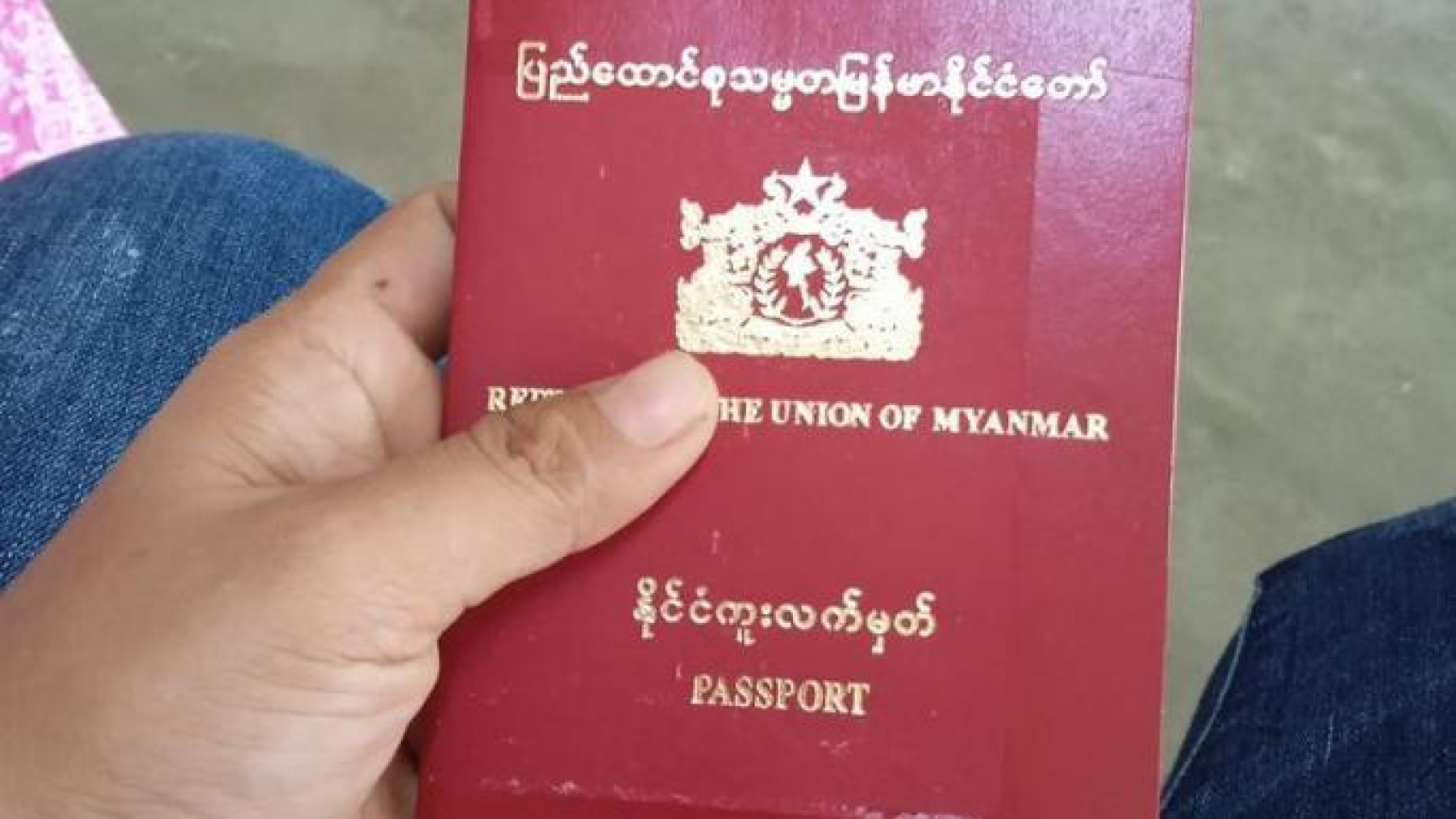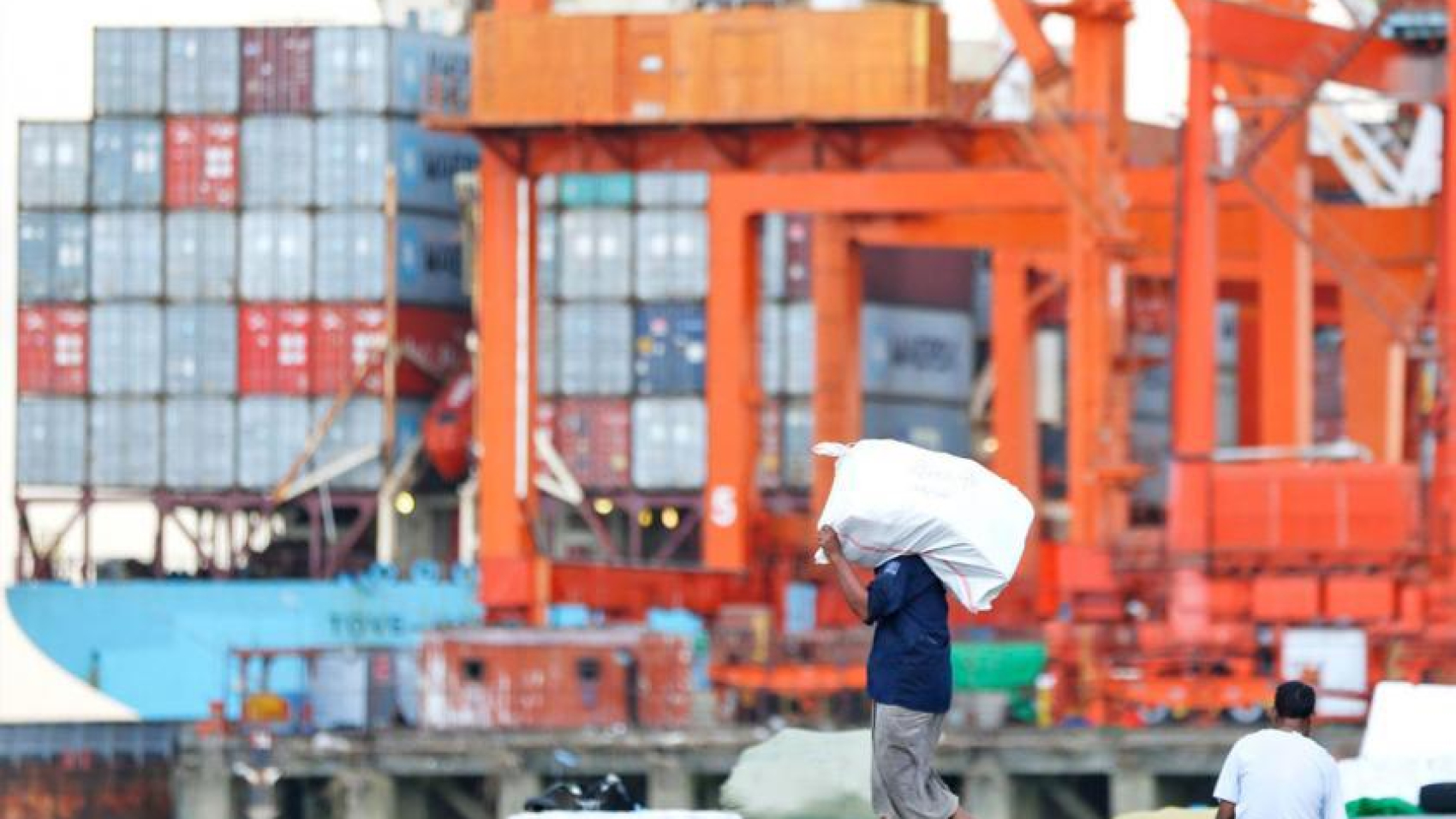The price of Octane 92 slipped to K1,830 per litre tracking the plunge in the price index set by Mean of Platts Singapore (MOPS), according to the fuel oil market. The prices of fuel oil have gradually decreased since the end of November. On 1 December, the prices stood at K1,965 per litre for Octane 92, K2,040 for Octane 95, K2,380 for diesel and K2,455 for premium diesel. On 9 December, the prices extended their decline to K1,830 per litre for Octane 92, K1,925 for Octane 95, K2,125 for diesel and K2,200 for premium diesel. The figures indicated a drop of K110-255 per litre within ten days.
The domestic fuel prices are following the decline in the price index set by Mean of Platts Singapore (MOPS), the pricing basis for many refined products in Southeast Asia, according to the Supervisory Committee on Oil Import, Storage and Distribution of Fuel Oil. Following the MOPS price index, the prices peaked at K2,605 per litre for Octane 92, K2,670 for Octane 95, K3,245 for diesel and K3,330 for premium diesel in late August. The committee is steering the oil sector effectively not to have a shortage of oil in the domestic market and ensure price stability for energy consumers. The committee is issuing the daily reference rate for oil to offer a reasonable price to energy consumers.
The reference rate is set on the MOPS’ price assessment, shipping cost, profit margin, premium insurance and other general costs. The rates for regions and states other than Yangon are evaluated after adding the transportation cost and the retail reference rates daily cover on the state-run newspapers and are posted on the media and official website and Facebook page of the department on a daily basis starting from 4 May. The committee is inspecting the fuel stations whether they are overcharging or not. The authorities are taking action against those retailers of fuel stations under the Petroleum and Petroleum Products Law 2017 if they are found overcharging rather than the set reference rate.
As per the statement, 90 per cent of fuel oil in Myanmar is imported, while the remaining 10 per cent is produced locally. The domestic fuel price is highly correlated with international prices. The State is steering the market to mitigate the loss between the importers, sellers and energy consumers. Consequently, the government is trying to distribute the oil at a reasonable price compared to those of regional countries. Some countries levied higher tax rates and hiked oil prices than Myanmar. However, Malaysia’s oil sector receives government subsidies and the prices are about 60 per cent cheaper than that of Myanmar. Every country lays down different patterns of policy to fix the oil prices. Myanmar also levies only a lower tax rate on fuel oil and strives for energy consumers to buy the oil at a cheaper rate.
Source: The Global New Light of Myanmar

